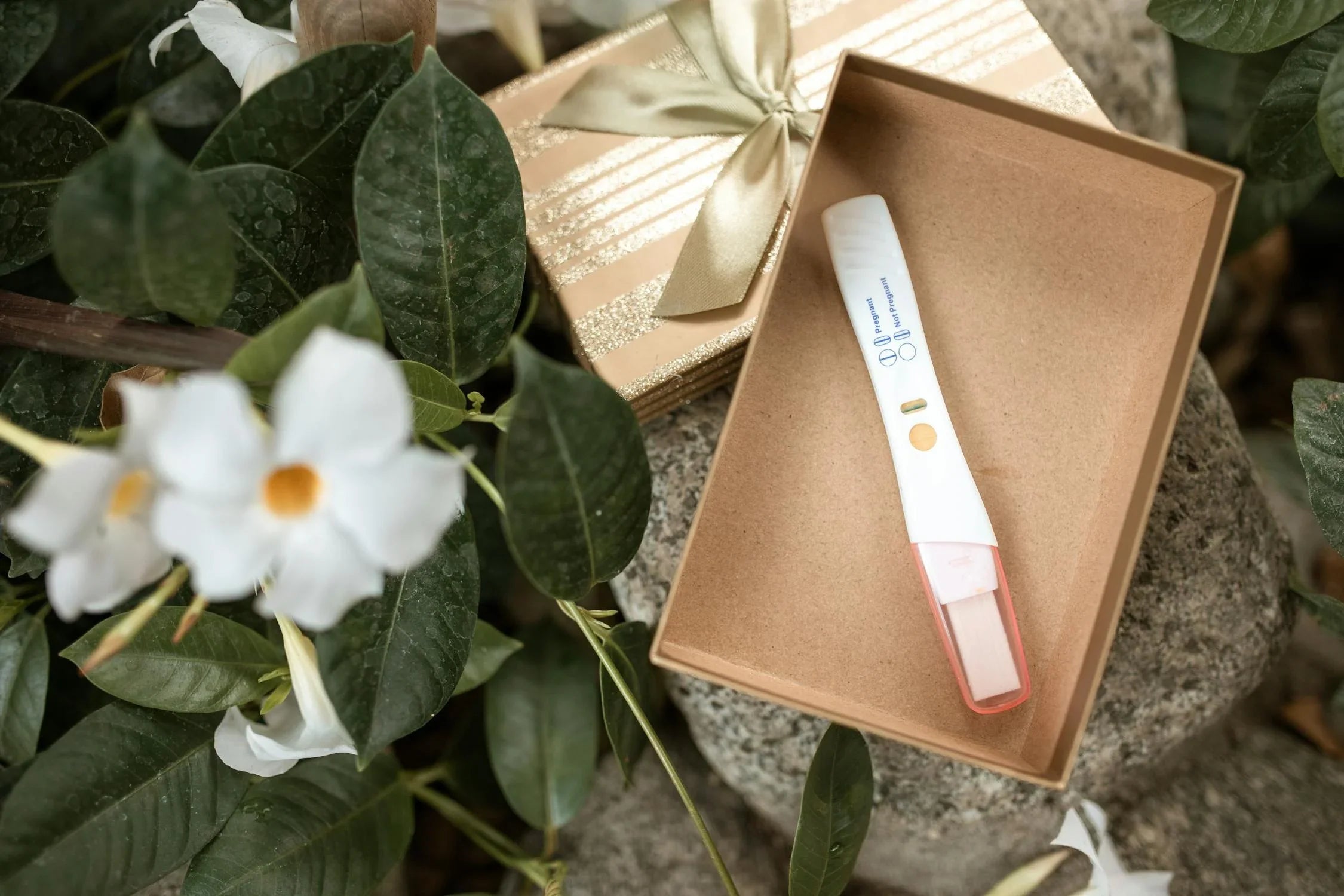Startseite
Pregnancy, Breastfeeding, and Pumping: The Ultimate Guide for Moms
How Accurate Is a Pregnancy Test 6 Days Before Period

How Accurate Is a Pregnancy Test 6 Days Before Period
Are you wondering if a pregnancy test can give you accurate results 6 days before your expected period? This is a common question for many women who are eager to find out if they are pregnant. The answer is not straightforward, as it depends on several factors. In this article, we will explore the accuracy of pregnancy tests taken 6 days before your period, the science behind early testing, and what you should consider before taking the test.
Understanding Pregnancy Tests
Pregnancy tests work by detecting the presence of human chorionic gonadotropin (hCG), a hormone produced by the placenta after a fertilized egg attaches to the uterine lining. The level of hCG increases rapidly in the early stages of pregnancy, doubling approximately every 48 to 72 hours. Most home pregnancy tests are designed to detect hCG levels in urine, and their sensitivity can vary.
How Early Can You Test?
Many women are eager to test as early as possible, but the timing of the test can significantly impact its accuracy. Most pregnancy tests on the market claim to detect pregnancy as early as 6 days before a missed period. However, the accuracy of these tests can vary depending on the sensitivity of the test and the concentration of hCG in your urine.
Factors Affecting Test Accuracy
Several factors can influence the accuracy of a pregnancy test taken 6 days before your expected period. These include:
- Test Sensitivity: The sensitivity of a pregnancy test refers to the minimum level of hCG it can detect. Tests with higher sensitivity can detect lower levels of hCG, making them more accurate for early testing.
- Timing of Implantation: Implantation occurs when the fertilized egg attaches to the uterine lining, typically 6 to 12 days after ovulation. If implantation occurs later, hCG levels may not be high enough to be detected 6 days before your period.
- Urine Concentration: The concentration of hCG in your urine can vary depending on factors such as hydration levels. Testing with first-morning urine, which is more concentrated, can increase the likelihood of detecting hCG.
- Individual hCG Levels: hCG levels can vary from woman to woman, and even from pregnancy to pregnancy. Some women may have naturally lower hCG levels, making it more difficult to detect pregnancy early.
What Does the Research Say?
Research on the accuracy of pregnancy tests taken 6 days before a missed period is mixed. Some studies suggest that certain tests can detect pregnancy with a high degree of accuracy at this stage, while others indicate that the likelihood of a false negative is higher. It is important to note that even the most sensitive tests may not detect pregnancy in all cases at this early stage.
Tips for Early Testing
If you decide to test 6 days before your expected period, there are several steps you can take to increase the accuracy of the results:
- Use a Highly Sensitive Test: Look for a pregnancy test with a sensitivity of at least 20 mIU/mL, as these are more likely to detect low levels of hCG.
- Test with First-Morning Urine: First-morning urine is typically more concentrated, making it easier to detect hCG.
- Follow the Instructions Carefully: Make sure to follow the test instructions precisely to avoid errors that could affect the results.
- Consider Retesting: If you receive a negative result but still suspect you may be pregnant, consider retesting a few days later when hCG levels may be higher.
What to Do If You Get a Positive Result
If you receive a positive result on a pregnancy test taken 6 days before your expected period, it is important to confirm the result with a healthcare provider. They can perform a blood test, which is more sensitive and can provide a definitive answer. Additionally, early confirmation of pregnancy allows you to begin prenatal care and make any necessary lifestyle adjustments.
What to Do If You Get a Negative Result
A negative result 6 days before your expected period does not necessarily mean you are not pregnant. If you still suspect you may be pregnant, consider retesting a few days later or after your missed period. It is also a good idea to track your menstrual cycle and ovulation to better understand your fertility window.
Emotional Considerations
Early pregnancy testing can be an emotional experience, especially if you are trying to conceive or are concerned about an unplanned pregnancy. It is important to manage your expectations and understand that early testing may not always provide a clear answer. If you are feeling anxious or overwhelmed, consider reaching out to a trusted friend, family member, or healthcare provider for support.
Ultimately, the accuracy of a pregnancy test taken 6 days before your expected period depends on a variety of factors, including the sensitivity of the test, the timing of implantation, and individual hCG levels. While early testing can provide some insight, it is often best to wait until closer to your missed period for more reliable results. If you have any concerns or questions about pregnancy testing, don't hesitate to consult with a healthcare professional.
Teilen
